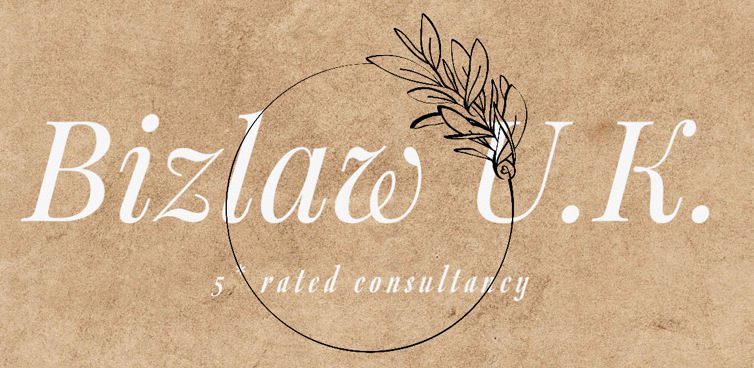|
Getting your Trinity Audio player ready...
|
Meaning and Elements of a Non-Disclosure Agreement (NDA)
An NDA is a legally binding contract that establishes a confidential relationship between two parties who seek to exchange sensitive information. You can protect both commercial and personal information. It sets out how you share information or ideas in confidence. Sometimes people call NDAs confidentiality agreements. It is used when you want to exchange private and confidential information with the protection of its non-disclosure.
An NDA could protect only information which is recorded in some form and marked ‘confidential or it can also protect the information you share in meetings or presentations.
NDAs may be customized but mostly contain these elements:- Name of the parties to the agreement, a definition of what constitutes confidential information, any exclusions from confidentiality, a statement of the appropriate uses of the information to be revealed, the time period involved, and miscellaneous provisions such as the laws that apply to the agreement.
NDA should be realistic as the person you are talking to might need to share your information with others. Eg- a doctor may require a patient to sign an agreement that the patient’s medical details may be shared with an insurer.
Breach of an NDA
If an NDA is breached by one party, the other party may seek court action to prevent any further disclosures and may sue the offending party for monetary damages and would be entitled to a percentage of profits that have resulted from the misuse of information, damages, and/or an injunction. The remedy awarded is always proportionate to the wrong done. It is important to be able to establish that a party that has breached its duty of confidentiality has actually made use of the confidential information.
Because an NDA can be used in a very wide range of situations, the remedy can differ from one case to another. Sometimes the nature of the obligation of confidentiality will be similar to a fiduciary obligation so it may be appropriate for remedies to be available similar to those for breach of fiduciary duty. Sometimes the nature of the obligation may be similar to the obligations which protect intellectual property and therefore a remedy commonly used in intellectual property disputes may be appropriate. In other cases, the obligation of confidentiality may arise out of a contract and so a remedy analogous to a breach of contract remedy may be suitable. Finally, the law of confidence may be used to address the use of private information obtained by a stranger and therefore a relevant analogy may be drawn from the law of tort.
For expert assistance regarding an NDA or any other contract or breach, contact help@bizlawuk.co.uk or WhatsApp us on 07583452230 and we can connect you to the right professional. Visit www.bizlawuk.co.uk to find out more about how we can help you with our other services. If you find this information useful, please follow our social media platforms, like, and share.
What is excluded?
An NDA cannot however stop anybody from ‘whistleblowing’ or reporting a crime or inappropriate behavior or misconduct to the police.
Information shall not be considered confidential if it is already known to the party receiving the information at the time of its disclosure or if it is known to the public or if it comes into the possession of the receiving party from a third party who did not violate any contractual or legal obligations himself by disclosing this information or if it is required to be disclosed by law or rules of any court.
NDAs and public authorities
Public authorities, including universities, have to make information available to the public if they receive a specific type of request.
You should make sure your NDA excludes these kinds of requests if you are talking to a public authority or university.
For expert assistance regarding an NDA or any other contract or breach, contact help@bizlawuk.co.uk or WhatsApp us on 07583452230 and we can connect you to the right professional. Visit www.bizlawuk.co.uk to find out more about how we can help you with our other services. If you find this information useful, please follow our social media platforms, like, and share.




